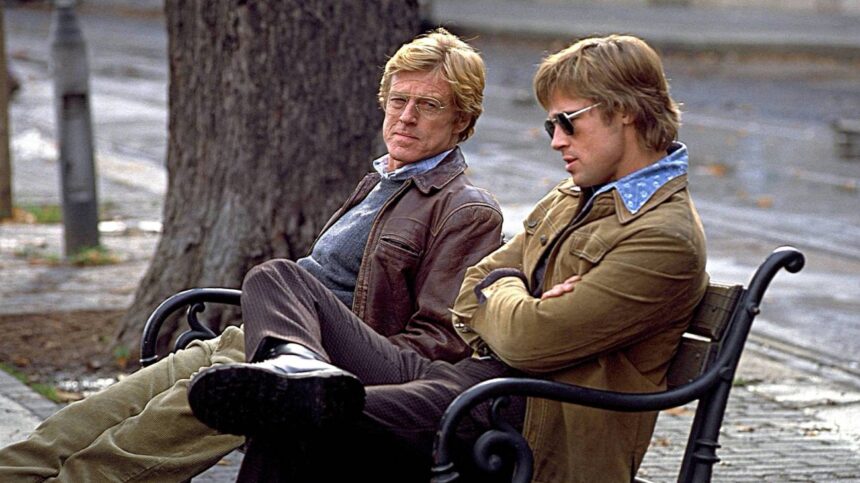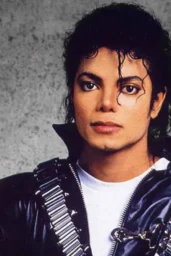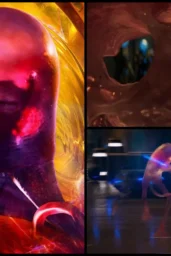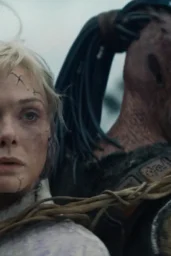It’s 2000. The action genre is sputtering, Bond is floundering, and studios are desperate for the next big thing. Universal is betting big on The Bourne Identity, a sharp, kinetic adaptation of Robert Ludlum’s novels. They want Brad Pitt. They really want him. And for a moment, it looked like he might say yes.
But he didn’t.
Instead, Pitt signs onto Spy Game, a Tony Scott-directed espionage thriller that pairs him with Robert Redford—a poetic nod to Hollywood lineage, sure, but in hindsight? A tactical error.
Let’s not sugarcoat it. Spy Game isn’t a disaster. It’s glossy, stylish, and loaded with Tony Scott’s signature propulsion. But it’s also… fine. Middling. A movie that people sort of remember, sort of liked, and sort of forgot. Pitt plays Tom Bishop, a hotheaded CIA operative stuck in a Chinese prison, while Redford’s retiring mentor pulls bureaucratic strings from Langley. There’s tension. Flashbacks. Coded messages in cigars. It’s espionage paint-by-numbers, elevated by Scott’s flair—but nowhere near a game-changer.
Meanwhile, The Bourne Identity hits theaters in June 2002. Matt Damon—then still riding the goodwill of Good Will Hunting but not yet an action star—brings something unexpected to Jason Bourne: vulnerability. Rage simmering under restraint. An everyman who kills like a machine but flinches like a human. It’s raw, lean, and absolutely electrifying.
Critics loved it. Audiences ate it up. And just like that, Damon became Hollywood’s new spy god. Universal greenlit two sequels—The Bourne Supremacy (2004) and The Bourne Ultimatum (2007)—both of which were better. Not louder. Better. Tighter scripts, sharper stakes, and that now-iconic shaky-cam realism everyone tried (and mostly failed) to copy. The franchise reshaped modern action. Pitt, meanwhile, watched from the sidelines.
Was it a scheduling conflict? Sure. According to Variety, Pitt didn’t exactly turn down Bourne—he just committed to Spy Game first. But come on. If he’d wanted Bourne, really wanted it, he’d have made it happen. This is Hollywood. Calendars bend for stars, especially ones being “heavily wooed” to launch a potential trilogy.
And let’s be honest—he could’ve used it. Yes, Ocean’s Eleven landed in 2001 with swagger and style, and Pitt’s Rusty Ryan was pitch-perfect. But that wasn’t his franchise. It was Clooney’s. Damon even played third fiddle in that one, which makes this whole situation even more ironic.
There’s a certain symmetry to Pitt choosing Redford over reinvention. Hollywood loves the echo of legacy—one golden boy passing the torch to another. But Spy Game wasn’t that torch. It was a detour. A high-budget, mid-tier thriller that earned $143 million on a $115 million budget and got a lukewarm 64% on Rotten Tomatoes. By contrast, The Bourne Identity made $214 million on just $60 million and stands at a muscular 84%. More importantly, it ignited a cultural shift.
The Bourne films didn’t just succeed—they reshaped the industry. Bond was rebooted in Bourne’s image with Casino Royale. Shaky cams and bruised realism became the new action grammar. You feel every punch in a Bourne movie. You barely remember any from Spy Game.
And Pitt? Well, he bounced back. Eventually. Mr. & Mrs. Smith (2005) reminded us he could do sleek and sexy. Inglourious Basterds (2009) let him chew scenery with glorious absurdity. Once Upon a Time in Hollywood (2019) finally got him the Oscar. He’s doing just fine.
But still—imagine his Jason Bourne. The coiled charisma. The movie-star menace. It would’ve been different. Not necessarily better, but fascinating. And we’d be talking about his trilogy now.
Instead, he ended up with Spy Game. And the rest, well—Damon punched it into history.










